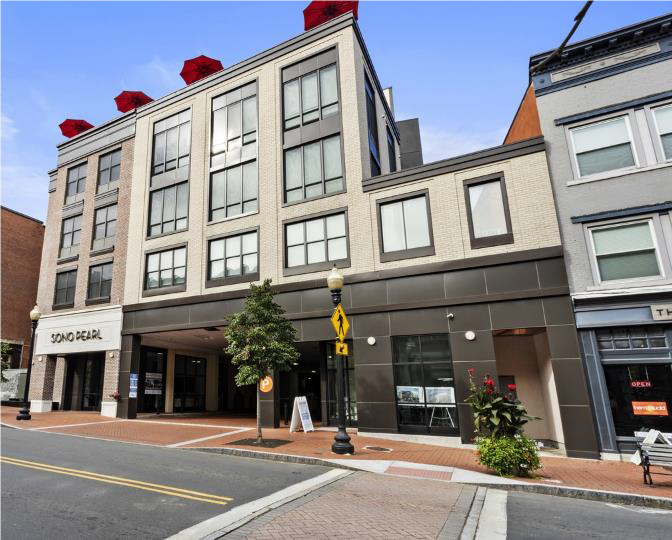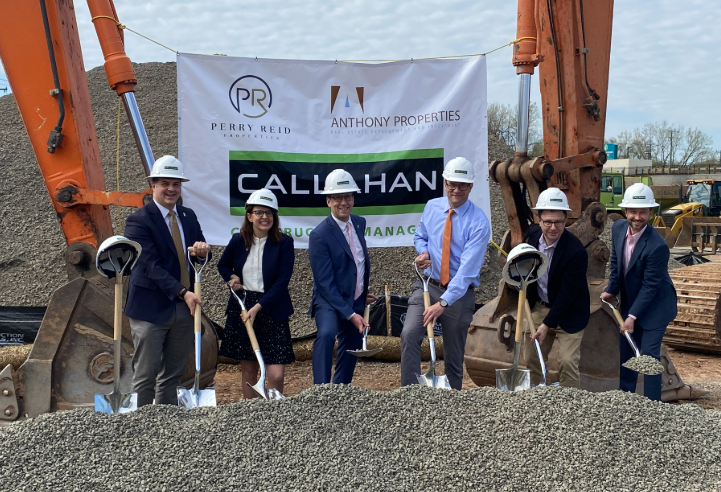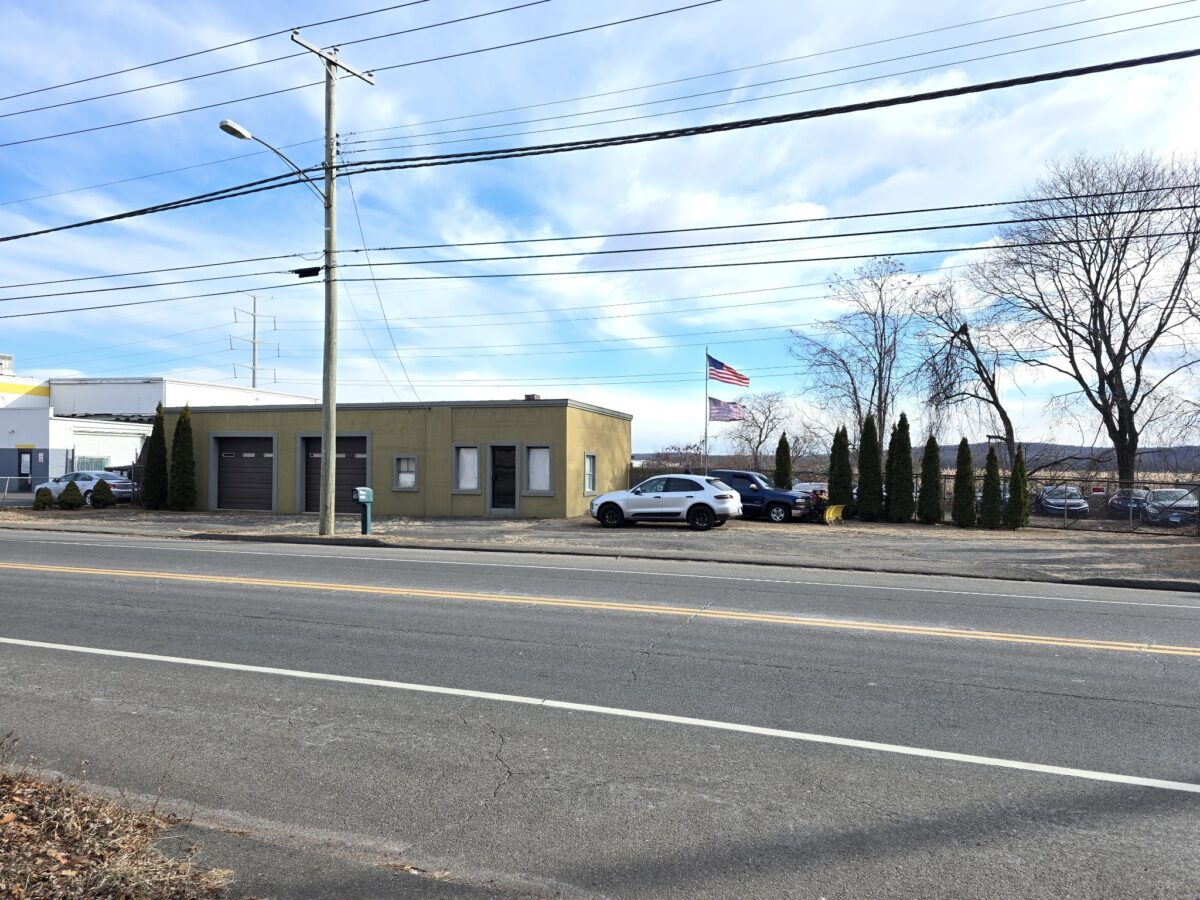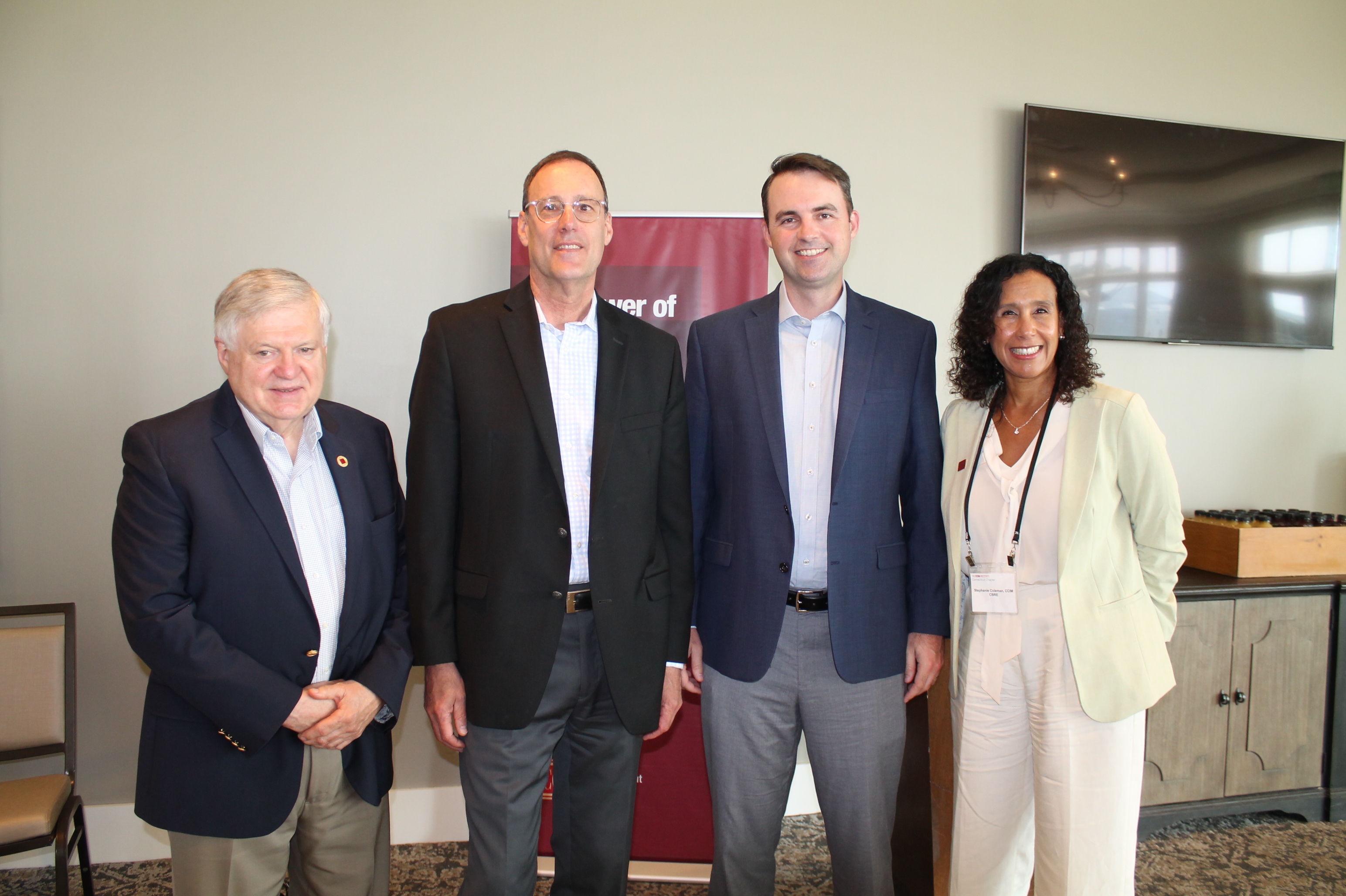News: Connecticut
Posted: April 29, 2009
What type of environmental due diligence is necessary?
"Do I need an environmental site assessment?" This question almost always comes up in the transaction of commercial and industrial properties. Unless the property has been recently developed and you are certain that the site does or did not handle hazardous materials, the question shouldn't be if environmental due diligence should be conducted, but what type is needed for your site. If a bank or other lender is involved in the transaction, they will likely have internal procedures on what type of environmental due diligence will be required.
In Connecticut, the following types of environmental due diligence are generally used:
Transaction Screen
♦Phase I environmental site assessment (ESA)
♦"Establishment" Determination
A transaction screen includes a questionnaire form, interview with the property owner or current tenant, and limited records review. The industry standard for transaction screens has been established by ASTM (ASTM E1528-06), but lenders may have their own forms to follow.
A Phase I ESA is the most complete type of initial environmental due diligence with the national standard being U.S. EPA's All Appropriate Inquiry (AAI). However, in Connecticut, the Phase I ESA standard is detailed in the state's "Site Characterization Guidance Document", dated September 2007, and supersedes the AAI standard.
An "establishment" determination is unique only to Connecticut as it is a professional evaluation on whether or not a site meets the definition of an "establishment" as per the CT Transfer Act (CT General Statutes (CGS) Section 22a-134). The Transfer Act governs the transaction of certain commercial and industrial properties that meet the "establishment" definition, and includes the filing of forms, payment of fees, and extensive environmental investigations. An environmental professional's determination evaluation includes a review of waste records and history of site use, and is usually the least costly type of due diligence. An "establishment" determination letter is typically a third of the cost of a Phase I ESA.
If the property transaction is deemed subject to the CT Transfer Act, then a complete Phase I ESA will be required. Additionally, a Phase II ESA that includes soil and groundwater sampling of potential areas of environmental concern will likely be required as well.
Whichever type of environmental due diligence is selected (or if no environmental due diligence is pursued) a buyer must be satisfied that the site has no environmental issues that he/she will be liable for, and understand whether or not the site is subject to the requirements of the Transfer Act.
Robert Carr is vice president of Zuvic Associates, Inc. and a Connecticut Licensed Environmental Professional with over 20 years of environmental consulting experience.
Please visit our website www.siorct.com to find additional information on the Connecticut/Western Massachusetts Chapter, Chapter members, and upcoming events. Should you have any questions or interest in the requirements and benefits of becoming an SIOR and joining the Connecticut/Western Massachusetts Chapter, please contact Sherri Thompson, SIOR at 860.528.0884 or John Reed, SIOR at 860.987.4788.
Tags:
Connecticut
MORE FROM Connecticut
Highcap Group brokers $41.1 million sale of two building multifamily portfolio
Norwalk, CT Highcap Group has completed the sale of two luxury multifamily properties with a total of 120 units for a combined purchase price of $41.4 million.

Quick Hits







